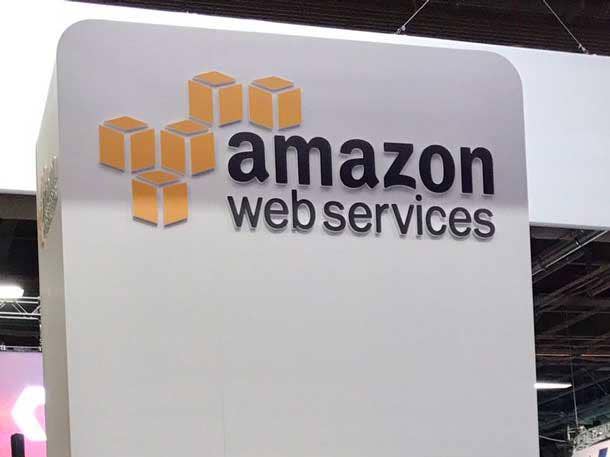AWS MSP Mission Lands $15M In Funding
‘Right now, we cover 16 out of 22 sales regions in U.S. as defined by AWS,’ Mission CEO Simon Anderson says. ‘We want to expand that to full coverage by early next year.’

Mission, a managed services provider and consulting partner for businesses using or migrating to the Amazon Web Services cloud, has secured another $15 million in private equity funding from Great Hill Partners.
The Los Angeles-based company will use the money to fuel it organic growth through 2020 with the continued expansion of its sales presence across the United States.
“Right now, we cover 16 out of 22 sales regions in U.S. as defined by AWS,” Mission CEO Simon Anderson said. “We want to expand that to full coverage by early next year. That basically means adding account executives and solutions architects and customer success managers to our teams. We also want to strengthen our technical teams for the ongoing anticipated addition of customers.”
The AWS Advanced Consulting Partner doesn’t plan to look at expanding outside the United States until at least 2021, according to Anderson.
The funding round comes almost eight months since Mission’s relaunch following the mergers of Reliam, Stratalux and G2 Tech Group into the company.
In November 2017, Boston-based Great Hill announced a commitment of up to $75 million to fund the growth of Mission. To date, Mission has used about $30 million to acquire and merge the three businesses and $10 million to support growth.
“Mission continues to prove itself as an exceptionally capable provider of managed cloud services,” Drew Loucks, a Great Hill principal, said in a statement. “The company has really made its mark in a rapidly growing market, with enterprises across verticals eager to realize the tremendous benefits of migrating to the cloud and harnessing all that AWS has to offer. Mission has also been effective at bringing in the right expertise required to make their customer engagements so successful, and our additional investment will ensure accelerated growth throughout this year and next.”
Since its formal relaunch in October, Mission has expanded from 50 employees to 85 employees with nearly 100 AWS certifications. It has hubs in Los Angeles, San Francisco, Boston and New York and is adding another in Chicago. It has focused on integrating the merged companies’ services into a clear catalog, and its major services now are cloud operations, managed DevOps, cloud optimization and professional services.
“We really did a lot of work to make sure that they were well-designed and well-received by customers,” Anderson said. “On average, for any one of our new customer deals we sign, they’re typically taking three out of those four services. It’s great, because it shows the product market fit is working well.”
Mission also ensured it had a repeatable way of going to market that’s closely aligned with AWS’ sales and marketing teams.
“It means that we can spin up a new sales region – for example, Chicago right now— and we can do that in a very repeatable fashion,” Anderson said. “We are now the No. 1 partner to AWS in their territory segments -- which is effectively small to medium-sized businesses -- in terms of jointly creating new opportunities with customers for new workloads and migrations of existing workloads to AWS.”
Mission also has been building out and strengthening its technical team, adding cloud operations engineers with specialized skills in containers and serverless, and DevOps engineers with specializations in Windows workloads on AWS, in addition to capabilities around the internet of things.
In March, Mission said it had secured an $8 million line of credit from Silicon Valley Bank to help support its growth.
The company last week announced the availability of Mission Enterprise Support – cloud service-level agreements that can be used as a standalone service for full support of customers’ AWS environments, with no requirement for Mission to directly manage their workloads.
“This is a layer below our fully managed cloud offering,” Anderson said.